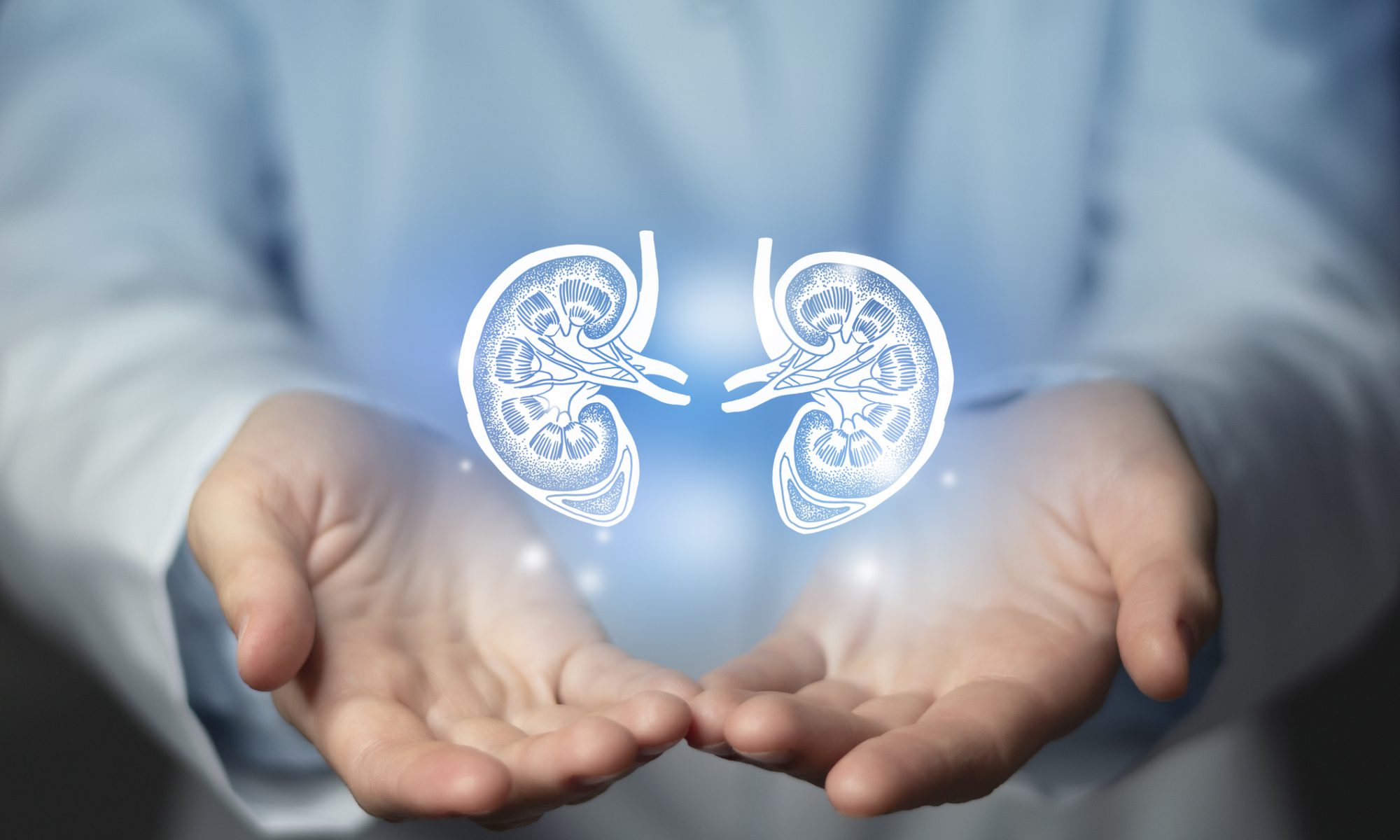Donor, coordinator and surgeon enable stranger to receive a kidney
By Eric Coker
For Arielle Disick ’12, donating a kidney in 2022 wasn’t about courage or charity. It was about simply doing something good.
“You never know how much of an impact that a little bit of kindness can make and what the ripple effects will be,” she says. “If you can do something to help, you should help.”
Read the full story in BingUNews.





